Under-18s who want nude pictures or videos of themselves removed from the internet can now report the images through an online tool.
The service - from the Internet Watch Foundation and Childline - aims to help children who have been groomed, or whose partners have posted photos of them online.
The IWF will examine the images and try and remove them if they break the law.
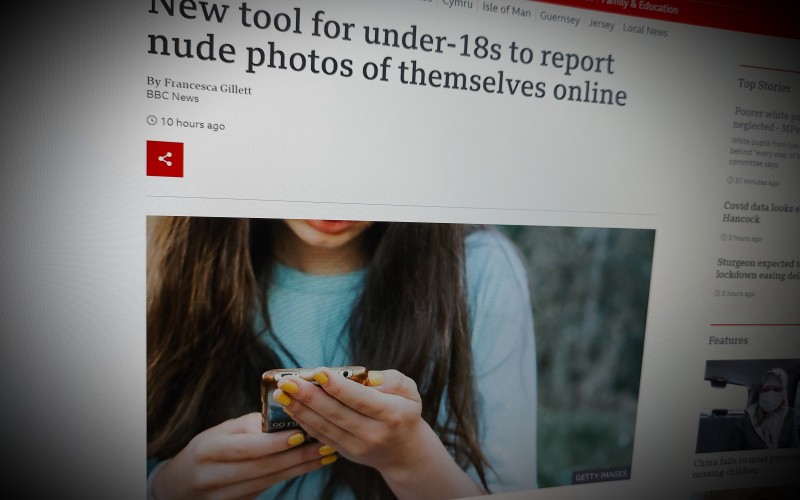
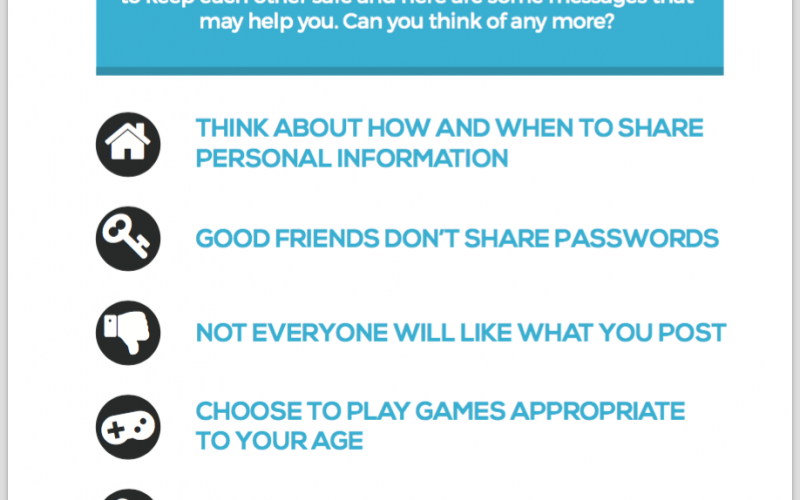
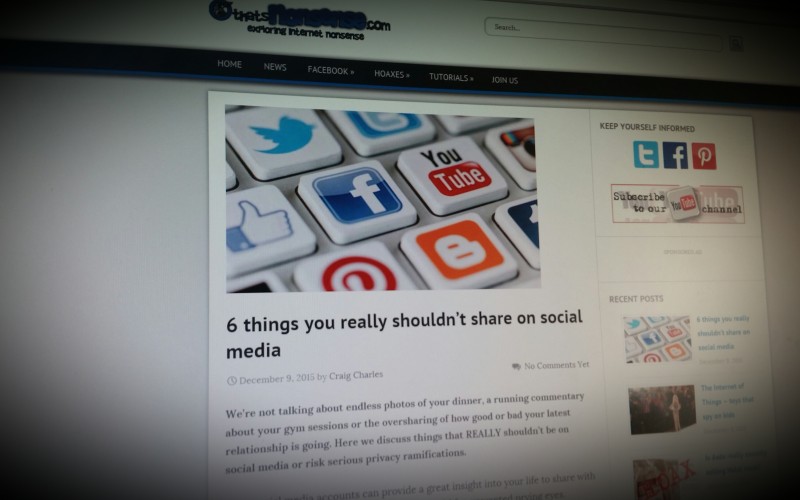
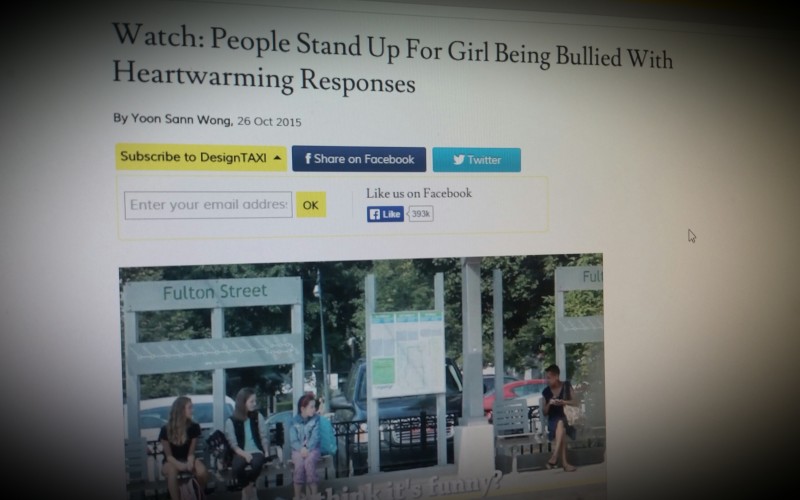
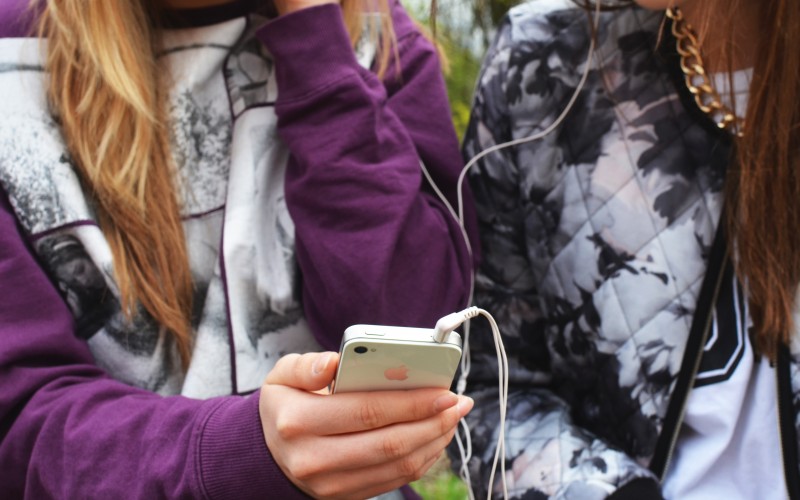
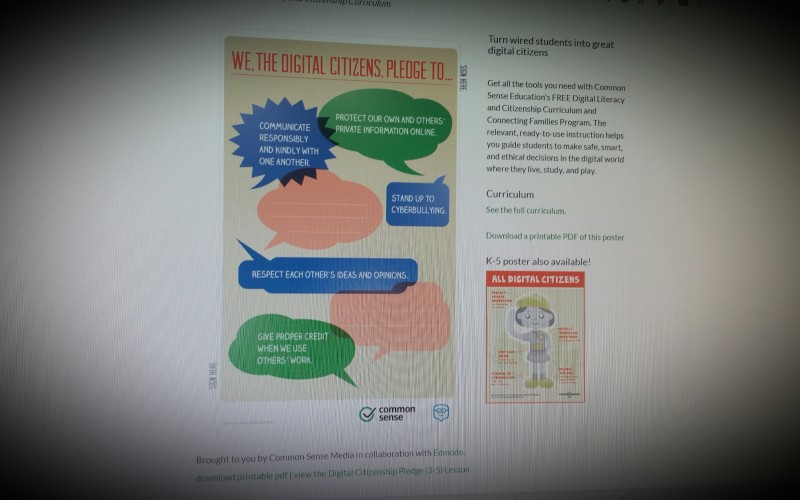
Comments
make a comment